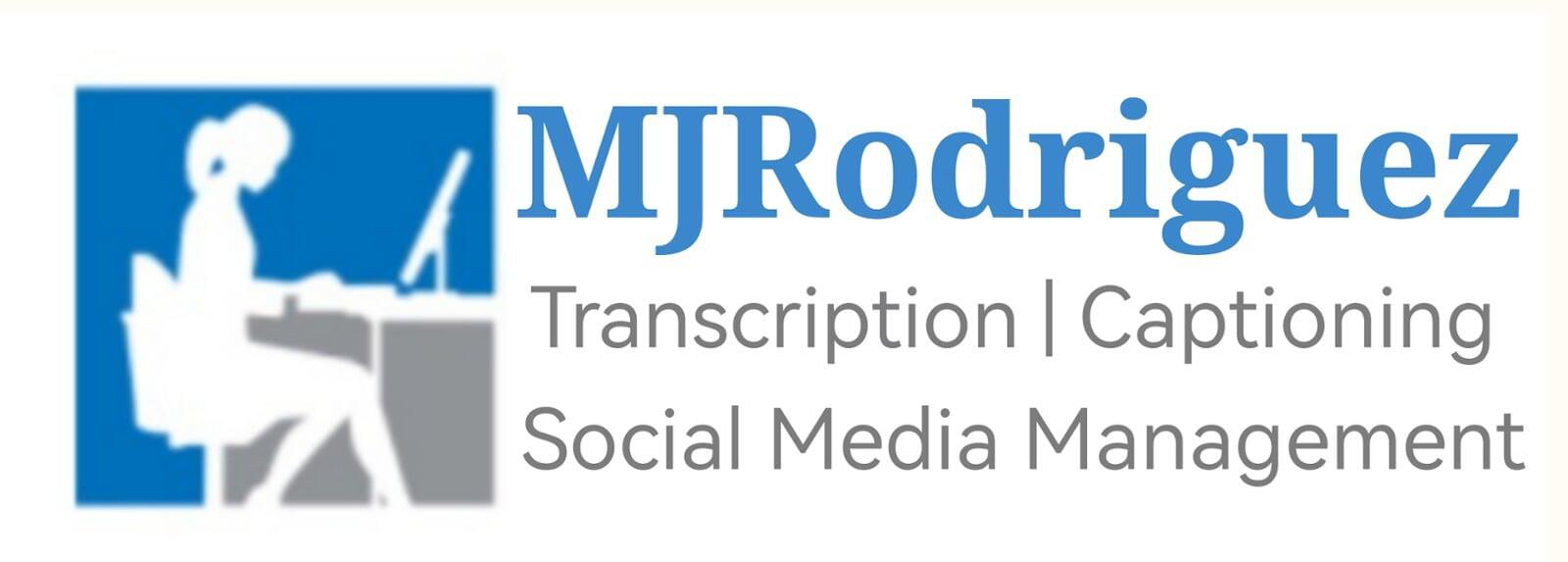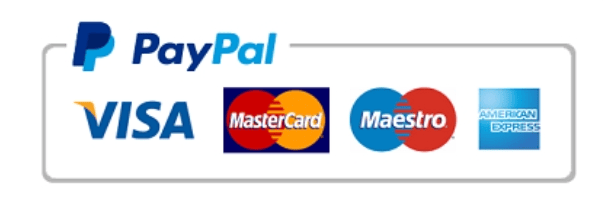Transcription for Event Planning: A Must-Have Tool for Efficient Organization and Documentation
Event planning involves juggling multiple tasks at once, from managing logistics to coordinating speakers and vendors. Every detail counts, and in the midst of a bustling event, it’s easy for important insights and content to slip through the cracks. This is where transcription services come in. By converting spoken words into written text, transcription helps event planners stay organized, document key speeches and presentations, and ensure nothing is overlooked.
What Is Transcription for Event Planning?
Transcription refers to the process of converting audio or video recordings into written text. For event planners, transcription services play a crucial role in capturing every spoken word during an event—be it a speech, panel discussion, or brainstorming session. These transcriptions can be time-stamped for easy navigation, making it possible to pinpoint key moments without combing through hours of footage. By utilizing transcription services, event planners ensure that no valuable information gets lost, allowing for efficient organization and future reference.
How Transcription Helps Event Planners
1. Accurate Documentation of Event Content
One of the main benefits of transcription for event planners is the ability to accurately document speeches, presentations, and important discussions. During large-scale events, such as conferences, seminars, or corporate meetings, there is often a wealth of information that needs to be recorded. Transcriptions provide a clear, readable record of what was said, making it easy to refer back to critical details.
For example, after a keynote speaker finishes their address, the transcription captures every word, ensuring that all key points are documented. Event planners can then share the transcript with stakeholders, or use it to create reports, summaries, or promotional content.
2. Organizing and Structuring Event Details
Transcription services help event planners organize and structure the complex details of an event. For instance, by transcribing planning meetings, event coordinators can keep track of the decisions made, action items assigned, and deadlines set. These transcriptions serve as a reliable record that can be revisited at any time.
Moreover, when it comes to managing event schedules, transcription provides planners with a clear, detailed account of the planned sequence of events. This makes it easier to ensure that everything runs smoothly, with no important details slipping through the cracks.
3. Improved Accessibility for Attendees
For events that are recorded and later shared with attendees, transcription is a key tool in enhancing accessibility. By providing transcriptions alongside video recordings, event planners can ensure that attendees who are deaf or hard of hearing can fully participate in the event’s content. This also helps with creating closed captions for event videos, which broadens the event’s audience.
Additionally, transcription allows event planners to provide multilingual transcriptions, making content accessible to international attendees. This is particularly valuable for global events that attract diverse audiences.
4. Streamlining Post-Event Reporting and Follow-ups
Once an event is over, transcription services help event planners compile detailed reports, analyze outcomes, and follow up on key action items. Having a transcript of speeches, panel discussions, or meetings allows planners to easily extract relevant quotes, ideas, and insights.
For example, if a keynote speaker presents a new concept or vision, the event planner can refer to the transcript to quote the speaker accurately in post-event communications, social media posts, or blog articles. Furthermore, event planners can quickly identify and share key takeaways with clients or stakeholders, facilitating decision-making and next steps.
5. Repurposing Content for Future Marketing
Another significant advantage of transcription in event planning is the ability to repurpose content for marketing purposes. By transcribing a keynote speech, panel discussion, or seminar, event planners can extract valuable quotes, ideas, and insights that can be used in blog posts, social media content, or future promotional materials.
For example, a corporate event’s keynote speaker may provide valuable industry insights that can be turned into blog posts or thought-leadership articles. By transcribing these moments, event planners create a valuable content bank for future marketing efforts.
6. Efficient Video Editing and Content Management
Many events are recorded for later viewing or promotional use. Transcription makes it easier for event planners to identify key moments in video recordings. With time-stamped transcriptions, video editors can pinpoint the exact moments they want to highlight, eliminating the need to sift through hours of footage.
Whether it’s for creating a highlight reel or preparing a recorded presentation for distribution, transcription simplifies the process and saves valuable time for event planners and their teams.
SEO Benefits of Transcription for Event Planners
One often overlooked benefit of transcription is its positive impact on search engine optimization (SEO). By transcribing speeches, presentations, or event recordings and uploading the transcripts to your website, event planners can improve their online visibility. Search engines index written content, making it easier for potential clients to find event-related material.
For example, if an event planner hosts a seminar on “Effective Event Marketing Strategies,” uploading the transcription to their website with relevant keywords can help improve search engine rankings. This increases the likelihood of attracting organic traffic and establishing the planner as an authority in their field.
Choosing the Right Transcription Service
To maximize the benefits of transcription for event planning, it’s essential to choose a transcription service that offers accuracy, reliability, and fast turnaround times. A professional transcription service should be able to handle different formats (audio, video) and provide customizable options like timestamping, speaker identification, and formatting to suit your needs.
Event planners should also look for services that are equipped to handle high volumes of transcription, especially for large-scale events that involve numerous speeches or discussions.
Transcription is more than just a tool for documenting events; it is a vital resource that can help event planners stay organized, improve accessibility, and create valuable post-event content. From documenting key speeches and presentations to repurposing content for marketing, transcription services are an indispensable part of the event planning process.
By incorporating transcription into their workflow, event planners can ensure that every detail is captured, all attendees can access the content, and the event’s impact can be amplified long after it’s over. In today’s competitive event planning landscape, transcription is not just a convenience—it’s a necessity for success.
If you're an event planner looking to streamline your operations, enhance accessibility, and maximize content potential, consider incorporating professional transcription services into your planning toolkit.




